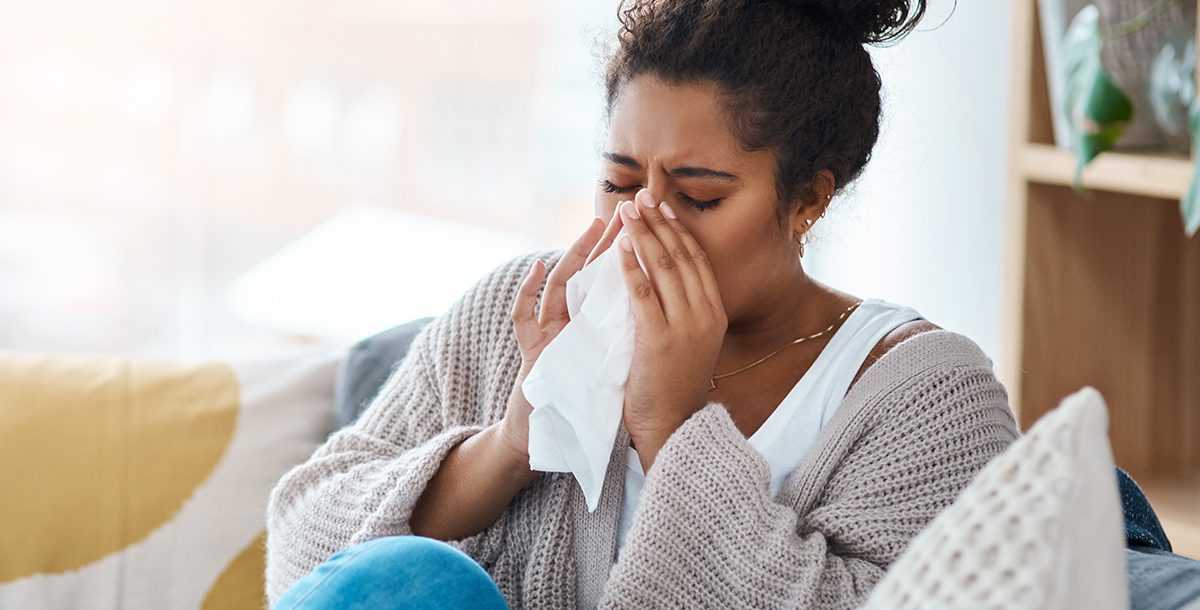The holidays may be over, but the winter season is just beginning. With it can come a whole new set of health issues that you’ll want to be aware of.

For instance, allergies are often associated with the Spring when flowers and plants begin to bloom. However, they can be just as problematic during the colder months.
“Household allergens like dust mites, pet dander, mold, etc. are something we see year-round, but they can be worse during wintertime and COVID, because people are spending a lot more time indoors,” shares Andrew Heffernan, MD, an otolaryngologist at Bon Secours Carolina ENT.
He says the best ways to prevent those allergy flare-ups are to increase how often you wash your bedding and linens as well as the frequency of vacuuming to help clear away allergens. Even if you don’t have problems with allergies, Dr. Heffernan says there’s another common complaint he gets during the colder months of the year.
“Nose bleeds are something we typically see frequently this time of year, and that tends to be for two reasons. First, the drier, colder air can break up the vessels on the front of the nose. Second, this is the time of year when people tend to have a runny nose, so they can cause a nosebleed by frequent blowing and wiping of the nose.”
If you suffer from frequent nose bleeds, Dr. Heffernan recommends using a humidifier, a saline nose spray or dabbing Vaseline on the front of your nose a few times a day.
Finally, as we spend more time indoors during the colder winter months, it’s important to pay attention to our loved ones.
“Hearing impairment is often first noticed by family members when they’ve picked up on someone asking them to repeat themselves more often.”
Dr. Heffernan says ear health can significantly impact quality of life. Left untreated, someone with difficulty hearing may begin to feel isolated which can lead to depression. It has also been linked to dementia.
If you or a loved one are having any ear, nose or throat issues, the best first step is to check in with your primary care provider.
If those issues are proving to have a detrimental impact on your everyday life, your provider can refer you to an otolaryngologist (also known as an ENT) like Dr. Heffernan who can further evaluate and help treat the problem.





